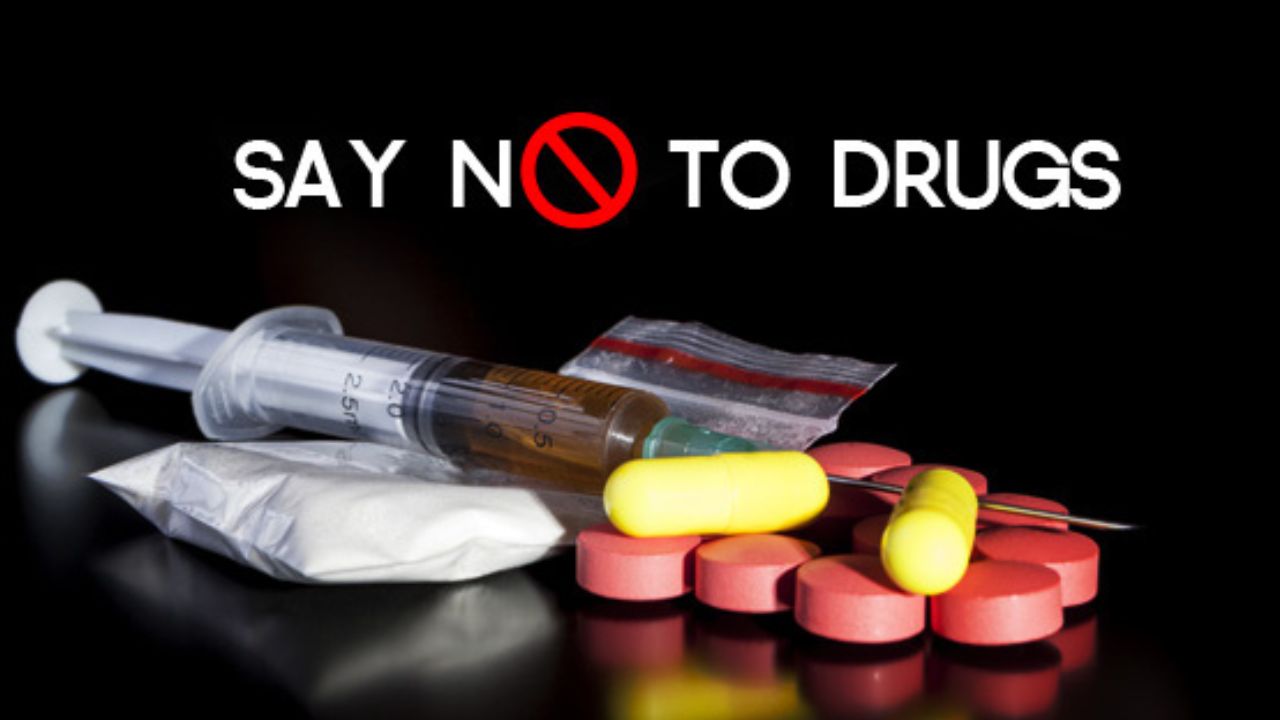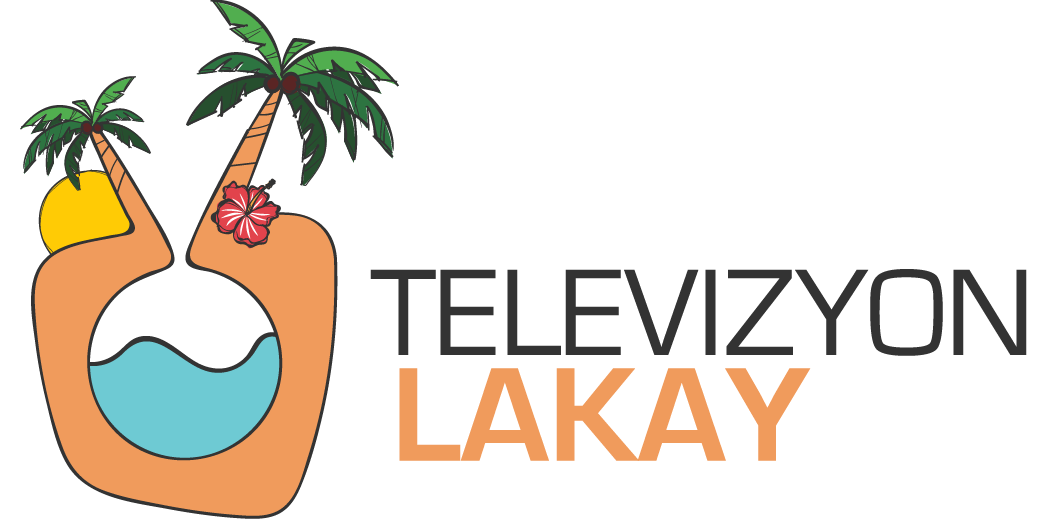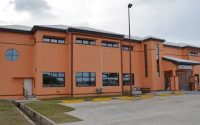‘Comprehensive’ approach needed to tackle drug abuse-Dr Anthony

Minister of Health Dr Frank Anthony has underscored the need for a comprehensive approach to stem the use of illicit drugs, saying this should include easier access to health and rehabilitative services and collaboration with law enforcement agencies.
“There is still a lot of work to be done and we have to work together…if we don’t have the other partners that are working with us to ensure that we address this in a comprehensive way we are always going to be challenged,” Dr Anthony said while delivering the keynote address at a ceremony held in observation of International Day against Drug Abuse and Illicit Trafficking.
With a number of initiatives already rolled out, Dr Anthony said drug abuse is a “huge” problem.
“I think this is a problem that we have to confront and the only way we can do this is to make sure that the services we are providing is comprehensive,” Dr Anthony said.
He said there is need for more trained professionals to deal with drug users and there is need too for rehabilitation services.
 100vw, 415px”></a><figcaption class=) Health Minister Dr. Frank Anthony
Health Minister Dr. Frank Anthony“We also need to do more in terms of the clinics that we have and how we can treat.
“If this is a national problem then we need to have more clinics and make them more accessible to people,” he said.
He added: “…if it requires people to be institutionalize temporality then that is what we have to do”.
Admitting that all the solutions are not available, Dr Anthony said while authorities are working on prevention, equal emphasis is being placed on education.
As such, he said the Ministry has been collaborating with the Ministry of Education by going into schools to spread awareness and they are also collaborating with agencies to reverse existing behaviour patterns and provide drug users with the support needed.
Once this is achieved, Dr Anthony said the country should be able to achieve its goal of becoming drug free.
Meanwhile, in providing an overview of the Drug Demand Reduction Unit, Project Lead of the Unit, Dr Travis Freeman said over the past year, the department has developed a comprehensive package of services which offers expanded services to drug users.
 100vw, 390px”></a><figcaption class=) Project Lead of the Drug Demand Reduction Unit, Dr Travis Freeman
Project Lead of the Drug Demand Reduction Unit, Dr Travis FreemanCurrently, there are 10 facilities that offer outpatient services. And over the past four months, Dr Freeman said they have almost 80 patients and almost 300 visits were conducted with clients and relatives.
“Even as we develop policies and programmes and services, it’s of paramount importance that they are people centered and also flexible to address the social impacts and also to take into consideration the social determents of health.
“We have to take into consideration the social economic status, we have to take into consideration education…we have to take into consideration all of these things that impact health,” Dr Freeman noted.
But when accessing the services, Dr Freeman said a lot of persons tend to face stigma and discrimination.
And according to PAHO/WHO Representative to Guyana, PAHO is working with the Ministry of Health to address this by developing an online course engaging social influencers to encourage collaboration and networking among agencies.
“The world drug problem is a complex issue that affects millions of people worldwide. Many people who use drugs face stigma and discrimination which can harm their physical and mental health and affect them from accessing help,” Dr Codina said.
Noting that a report should be drafted by the various agencies to provide more knowledge on the issue, Dr Codina said Governments also need to work on developing more policies and strategies.
This year, International Day Against Drug Abuse and Illicit Trafficking is being held under the theme “People first: Stop stigma and discrimination, strengthen prevention”.



